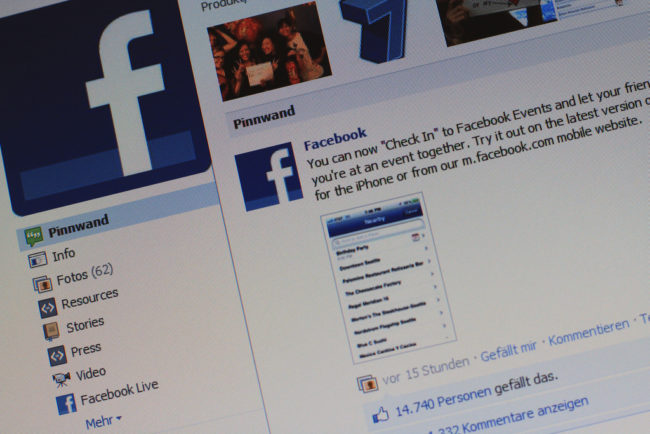Now, more than ever before, we live our lives online.
That also means sharing our thoughts and opinions online, and in a year like this one, that’s led to a lot of fierce debate. You probably instinctively know that posting something online opens you up to a lot more frustration and anger, but have you ever stopped to think why that is? It turns out, there’s actually a reason people fight more online, and it has absolutely nothing to do with the quality of the argument. Here’s what scientists have learned.
Researchers at University of California Berkley and the University of Chicago watched people, read, listen to, or watch people making an argument. People who listened and watched were far less likely to “dehumanize” the person’s opinion.

Seeing or hearing an argument helps people feel confident that an intelligent human really thought through the issue, even if they disagree. Posts online lead to dehumanization, which may be why people seem angrier and more frustrated.

“One of us read a speech excerpt that was printed in a newspaper from a politician with whom he strongly disagreed,” study author Juliana Schroeder from UCB told The Washington Post. “The next week, he heard the exact same speech clip playing on a radio station. He was shocked by how different his reaction was toward the politician when he read the excerpt compared to when he heard it. When he read the statement, the politician seemed idiotic, but when he heard it spoken, the politician actually sounded reasonable.”

Essentially, if you encounter an opinion you disagree with online, you’re less likely to listen and more likely to fight it and stay in your corner.

According to the study’s authors: “These results suggest that the medium through which people communicate may systematically influence the impressions they form of each other. The tendency to denigrate the minds of the opposition may be tempered by giving them, quite literally, a voice.”

“Many people receive the majority of their news from social media now,” explained Schroeder. “This can be dehumanizing, and may increase polarization. It’s easy to imagine how this could become cyclical; dehumanization leading to more polarization leading to more dehumanization.”

(via IFL Science)
